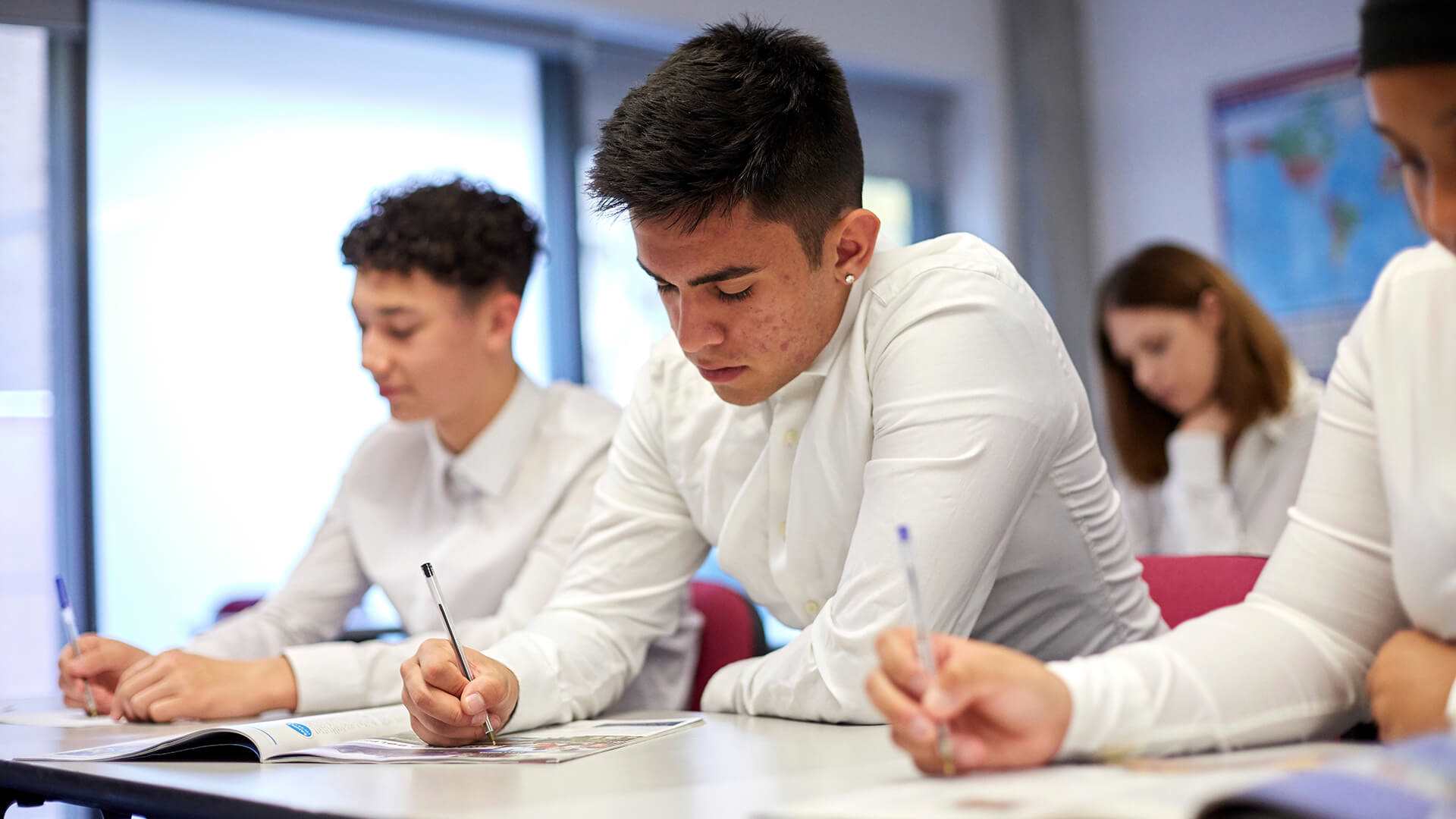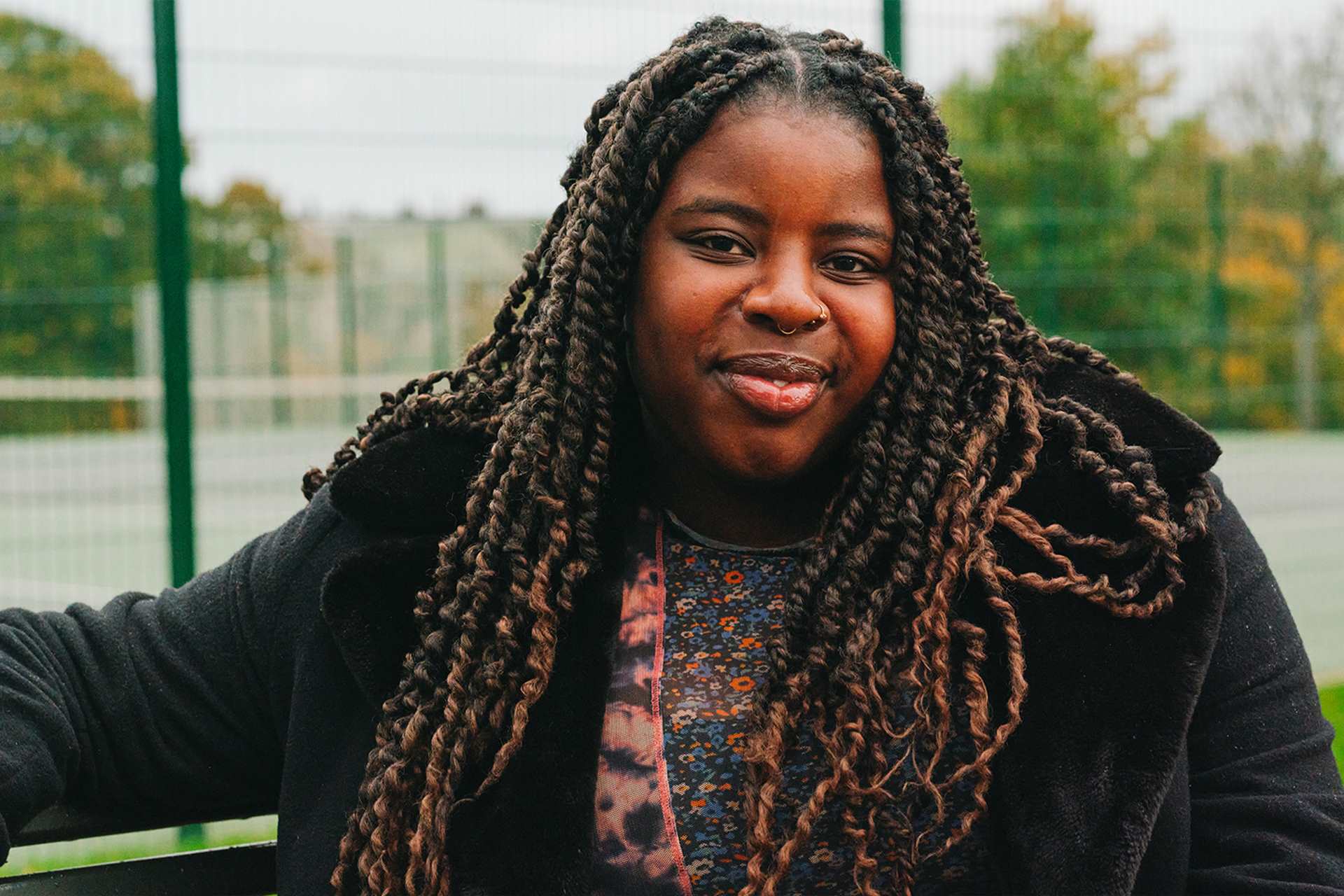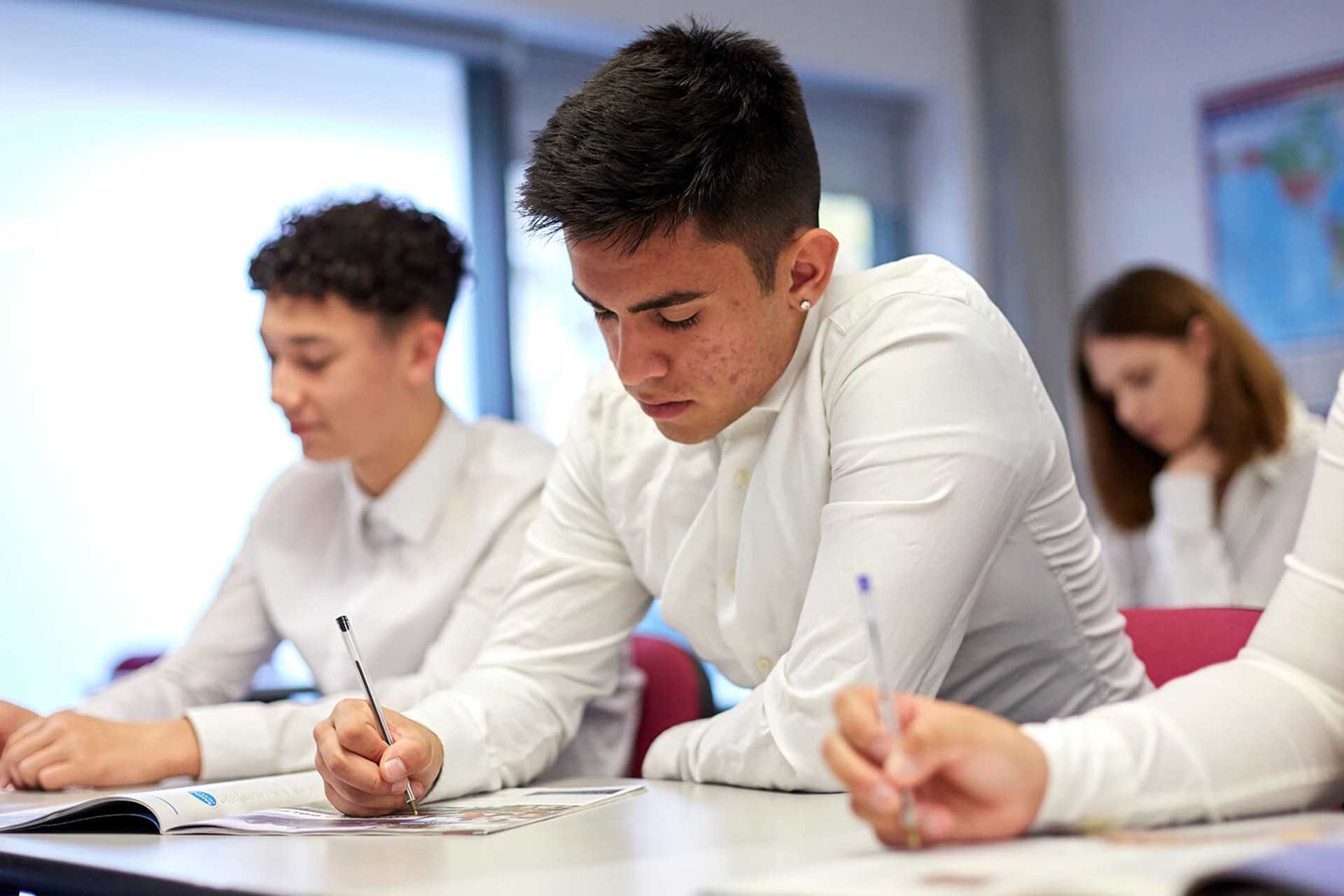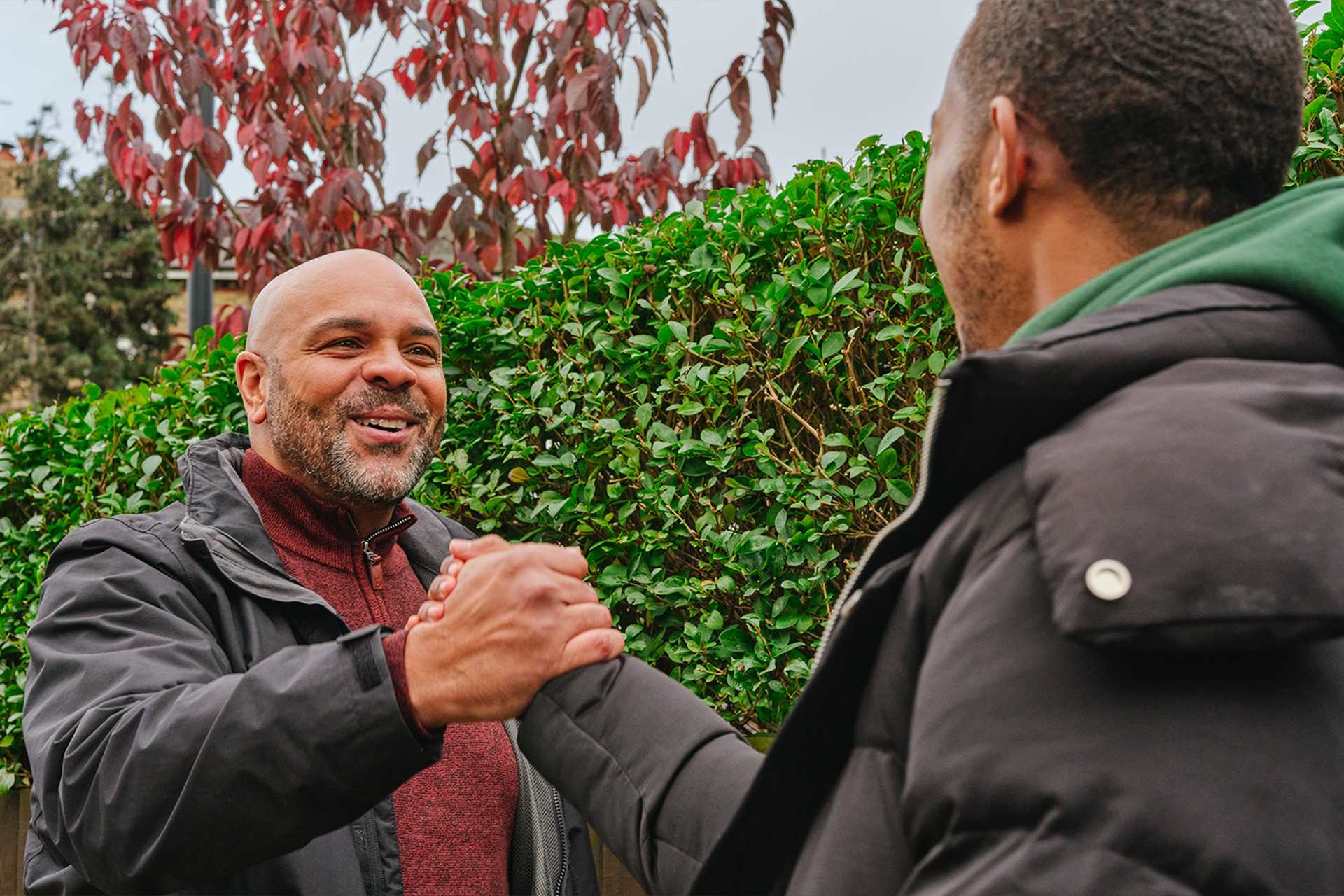School can be stressful. You’re not alone in feeling the pressure to do well and fit in. When it gets tough, even simple things like getting ready or hanging out with friends can feel harder. You might start to feel down, anxious, or lose confidence.
Skipping school might seem like an option, but remember, it won’t always be like this. It’s normal to struggle with school sometimes and it’s okay to ask for help when you need it.
There are lots of reasons why school gets tough, but no matter what you’re dealing with, there’s always someone ready to listen and help make school better.
You might worry about things like:
- struggling with schoolwork and finding it hard to focus
- exam stress
- friendship issues
- lunchtimes, especially with eating problems
- clashing with teachers or feeling unfairly labelled as a ‘bad student’
- bullying or inappropriate comments from peers
- problems at home, like family issues or lack of support
- returning to school after time off
- managing school with anxiety, depression, OCD or other mental health conditions
- being excluded, expelled or suspended
- difficulties with dyslexia, ADHD, dyspraxia, or autism
What to do if you're struggling at school
If you’re worried about anything at school, talk to a trusted adult, like your tutor or parents/carers. They can help you sort things out with your school.
Tell someone like your teacher or your parents/carer. Speaking up helps your school deal with bullying, and they usually have a plan in place to support students. If you don’t want to talk to someone you know, you can talk to a counsellor at Childline.
An Education Welfare Officer will work with you and your family. They can arrange support like extra funding for school meals and ensure you get the help you need to return to school.
You might need extra support. Talk to your GP – they can help you find the right support like therapy or counselling.
Real stories about problems at school
Get help now
Whatever you're going through, you don't have to go through it alone. Here are some services that can support you.
-
Samaritans
Whatever you're going through, you can contact the Samaritans for support. N.B. This is a listening service and does not offer advice or intervention.
- Opening times:
- 24/7
-
Childline
If you’re under 19 you can confidentially call, chat online or email about any problem big or small.
Sign up for a free Childline locker (real name or email address not needed) to use their free 1-2-1 counsellor chat and email support service.
Can provide a BSL interpreter if you are deaf or hearing-impaired.
Hosts online message boards where you can share your experiences, have fun and get support from other young people in similar situations.
- Opening times:
- 24/7
-
Youth Access
Provides information about local counselling and advice services for young people aged 11-25.
Put in your location and what you need help with into their 'Find help' search, and see what services are available in your area.
Whether you love the page or think something is missing, we appreciate your feedback. It all helps us to support more young people with their mental health.
Please be aware that this form isn’t a mental health support service. If you are in crisis right now and want to talk to someone urgently, find out who to contact on our urgent help page.
At YoungMinds we take your privacy seriously. If you’d like to read more about how we keep the information we collect safe, take a look at our privacy policy.










